Scandinavian design is a prominent design movement that has influenced everything from architecture and interior design to product design.
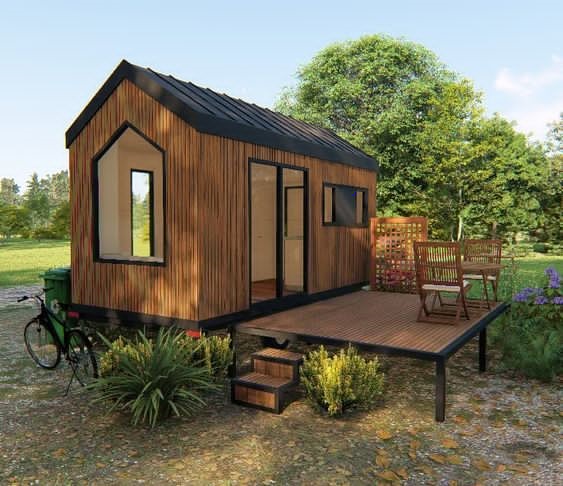
The movement emerged in the early 20th century in the Nordic countries of Sweden, Denmark, Finland, Norway, and Iceland. During the 1950s, it became known around the world.
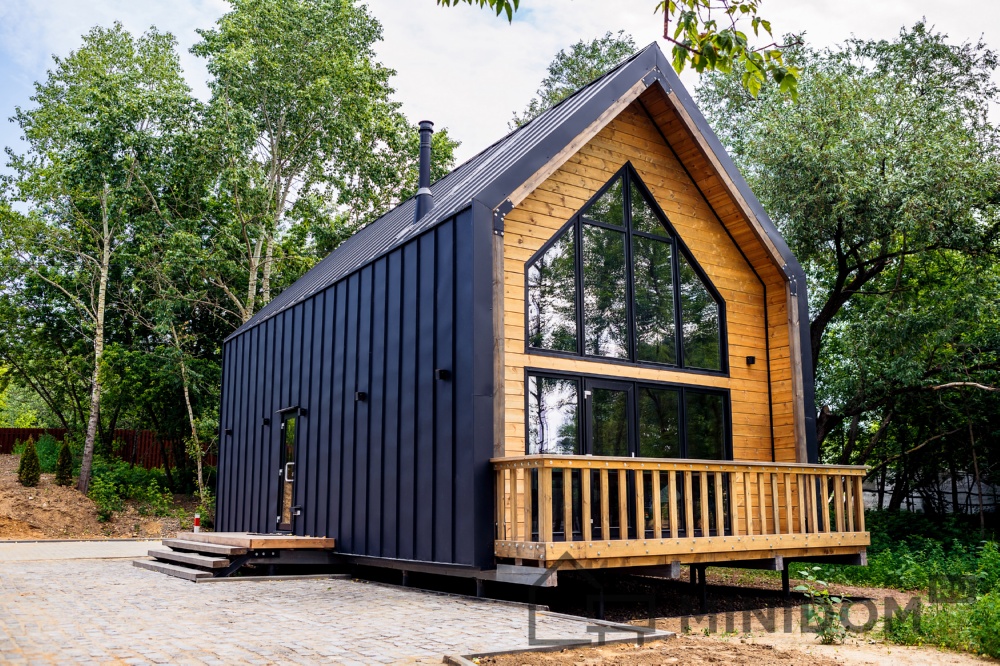
Blending minimalism and functionality, Scandinavian design offers a considered solution for simple living.
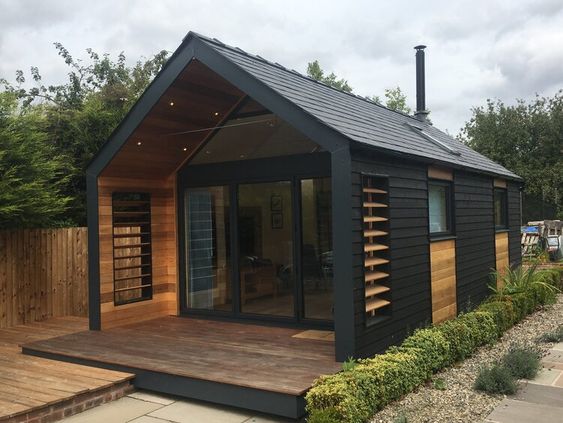
The main elements of Scandinavian design are functionality, simplicity, and craftsmanship.

A majority of Nordic style designs also favor natural materials, especially pale woods like ash and beech, wool and linen textiles, leather, and glass.
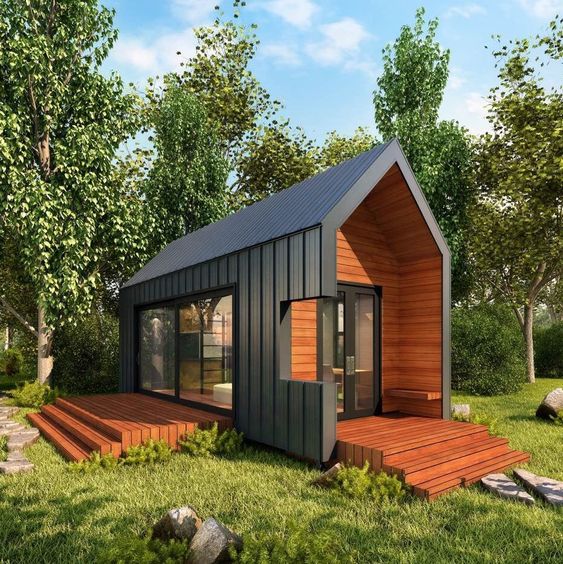
While some items boast traditional patterns or brighter color accents, most Scandinavian style designs have an understated, minimalist appearance.
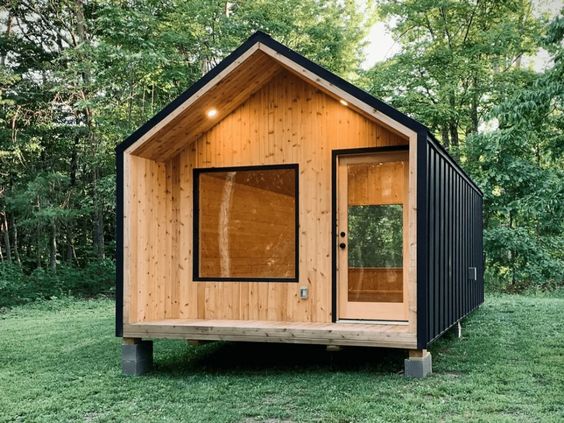
The Scandinavian style is not only about simplicity and function, however. Some of the world’s most iconic designs date back to the golden age of Scandinavian design.
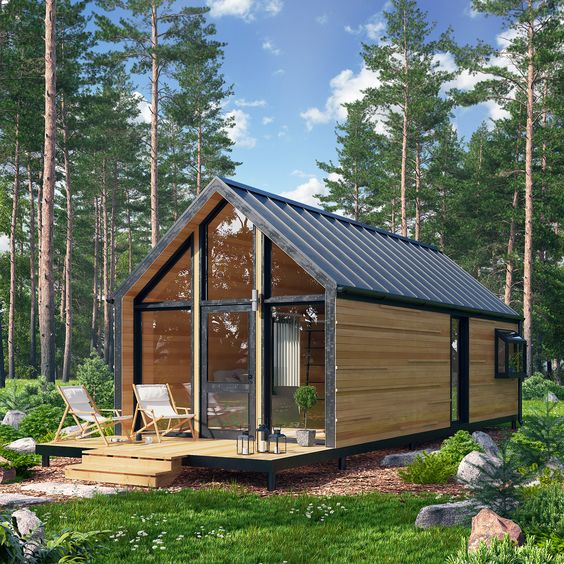
The sculptural Egg, Shell, and Panton chairs redefined the concept of furniture and influenced generations of furniture designers.
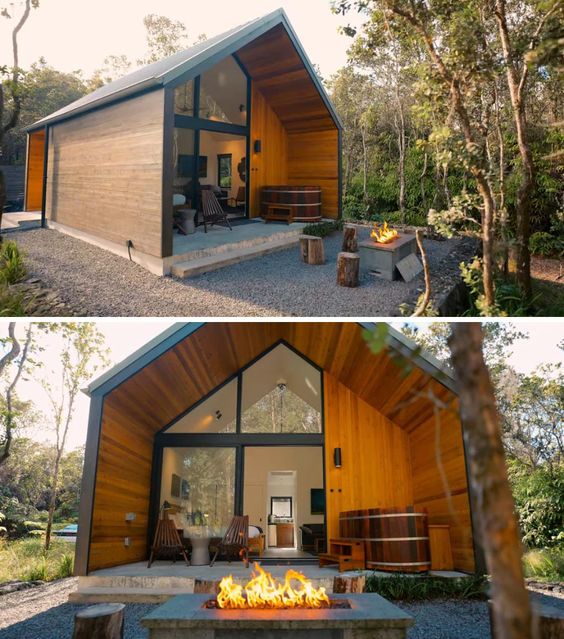
These creatively designed chairs transformed into decorative pieces that easily established focal points in interiors.
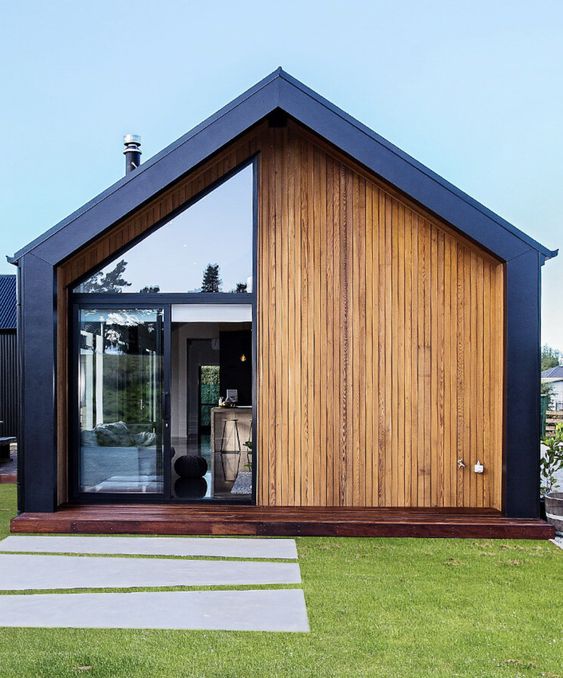
While designed decades ago, these iconic designs look as gorgeous and innovative today as they did back in the 1930s-1960s.
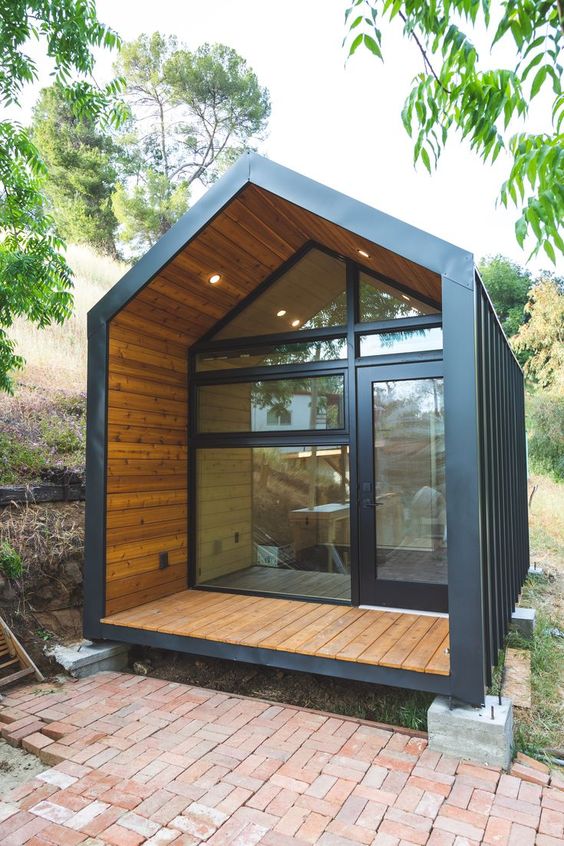
Contemporary designers continue that legacy today with award-winning furniture designs that look as elegantly simple and imaginative as the creations that have preceded them.
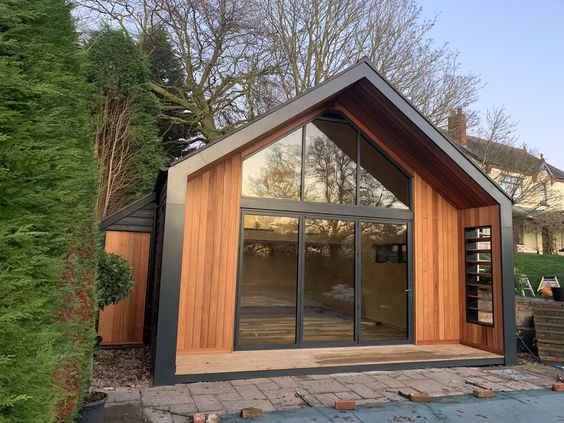
.
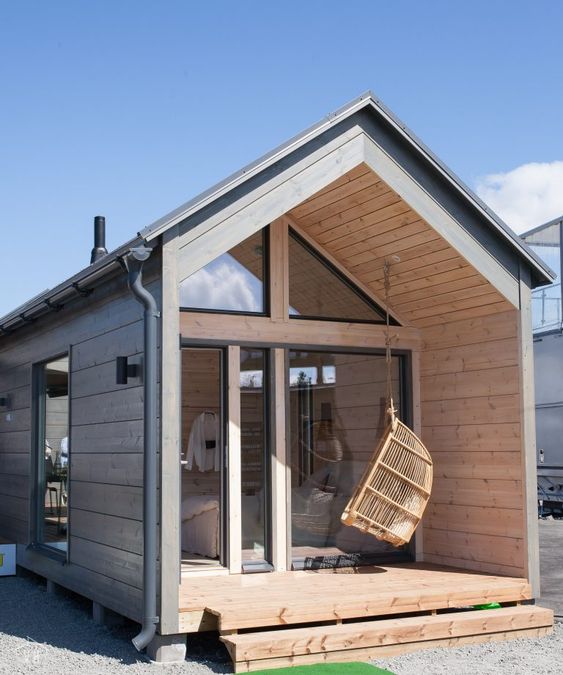
.
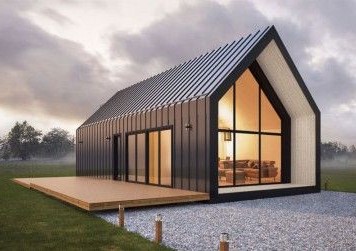
.
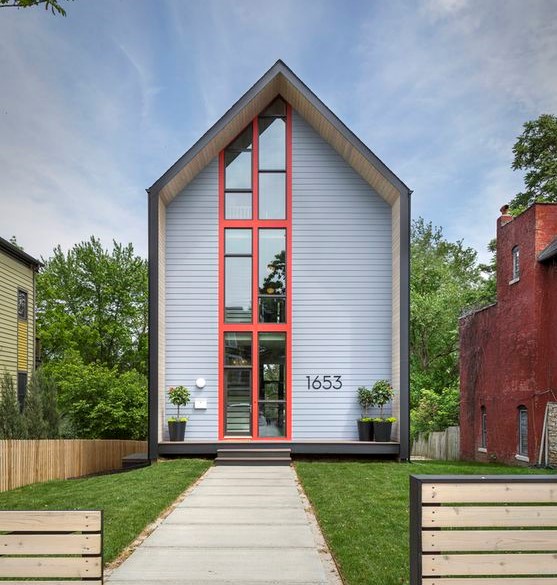
.
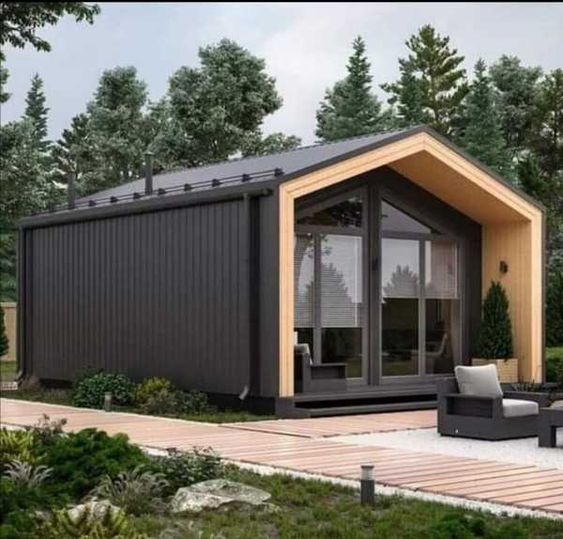
.
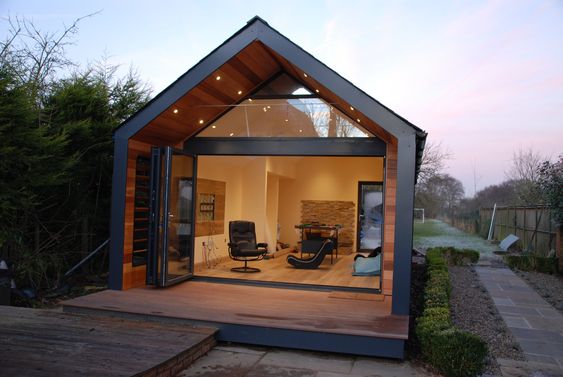
.
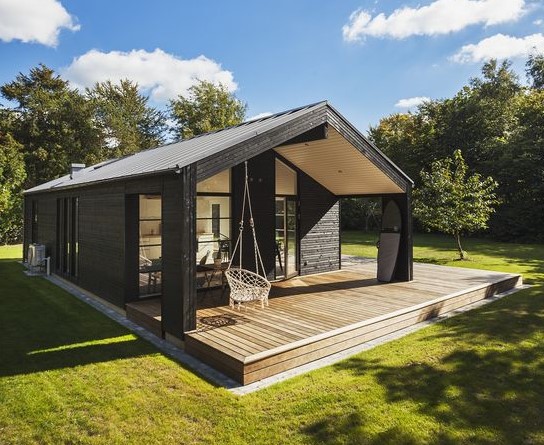
.
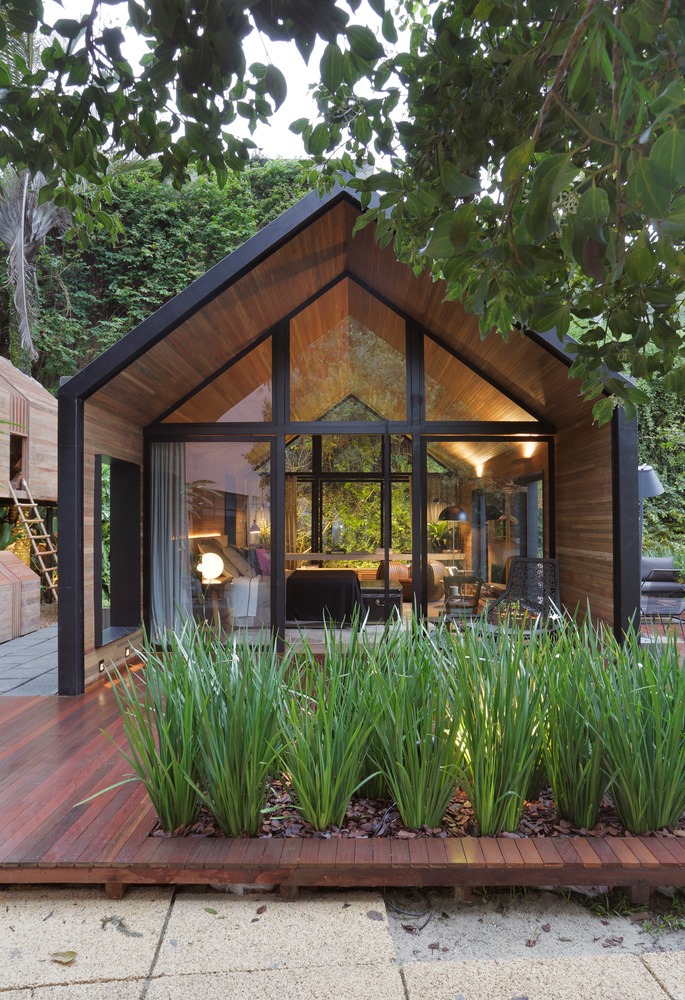
.
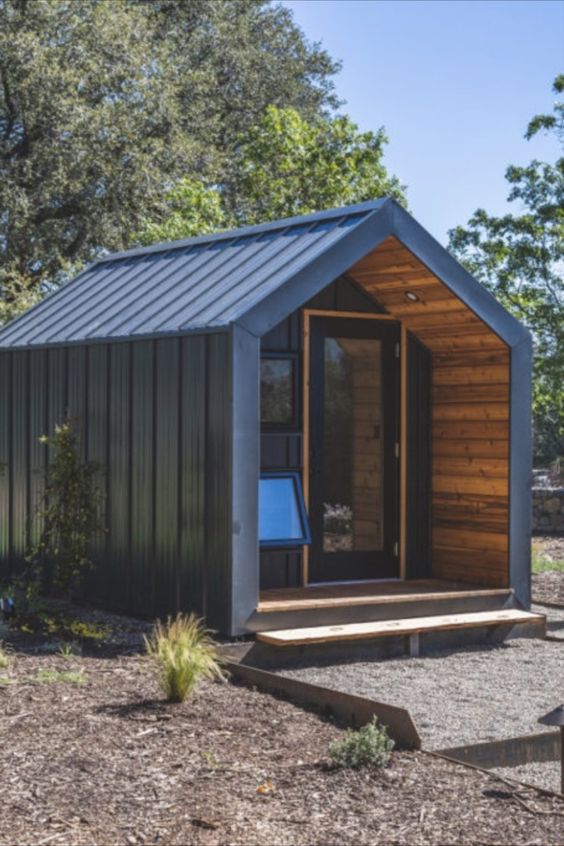
.
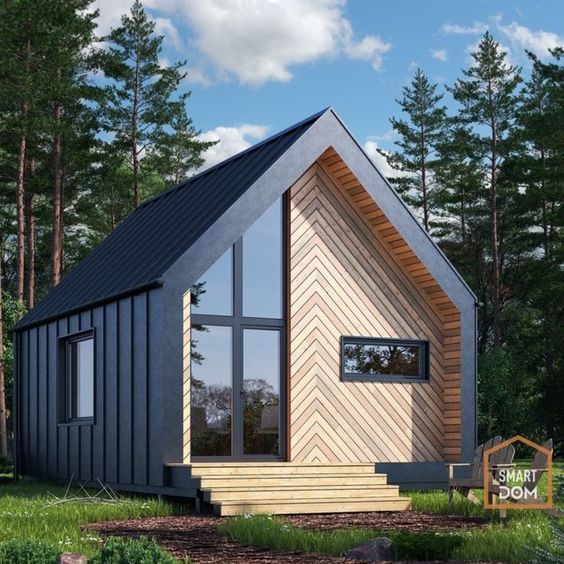
.
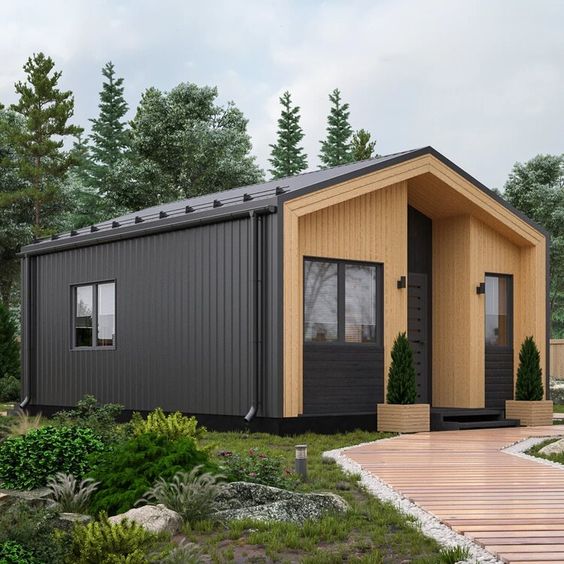
.
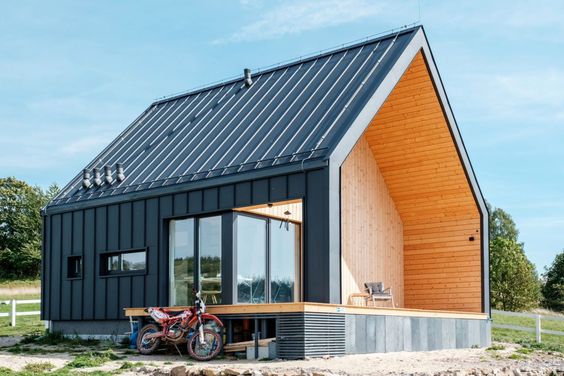
.
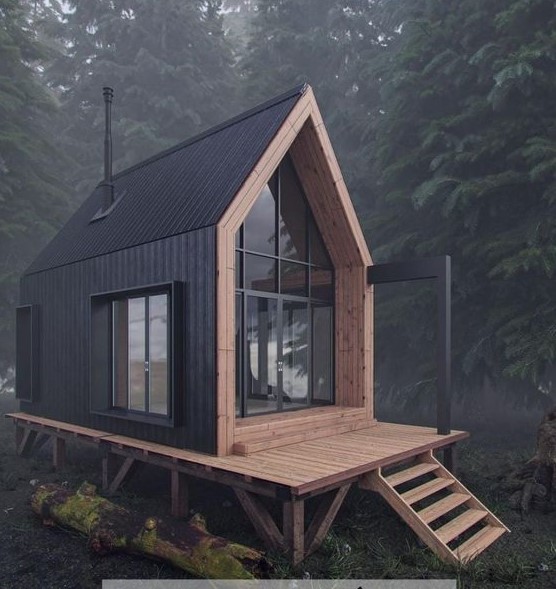
.
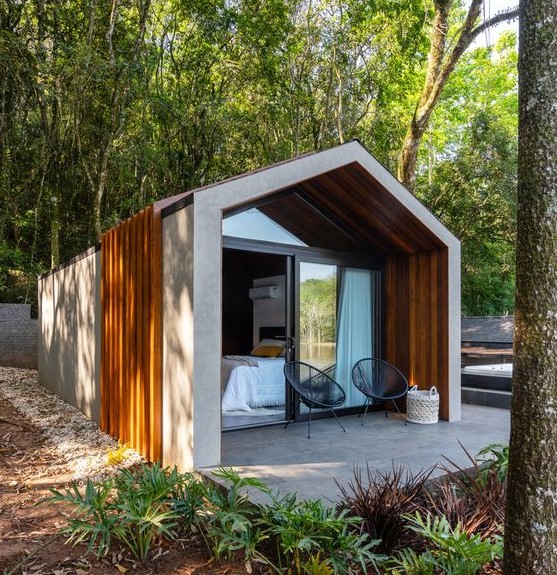
.
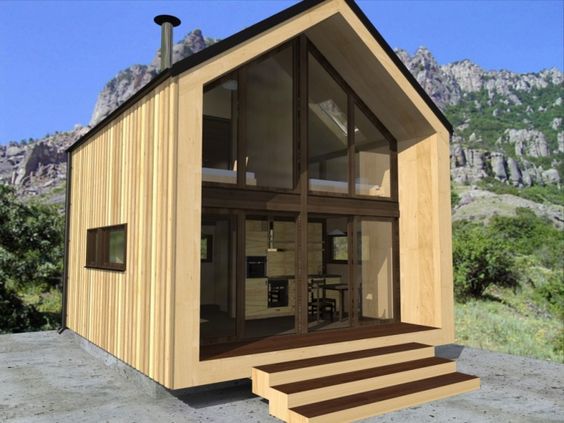
.
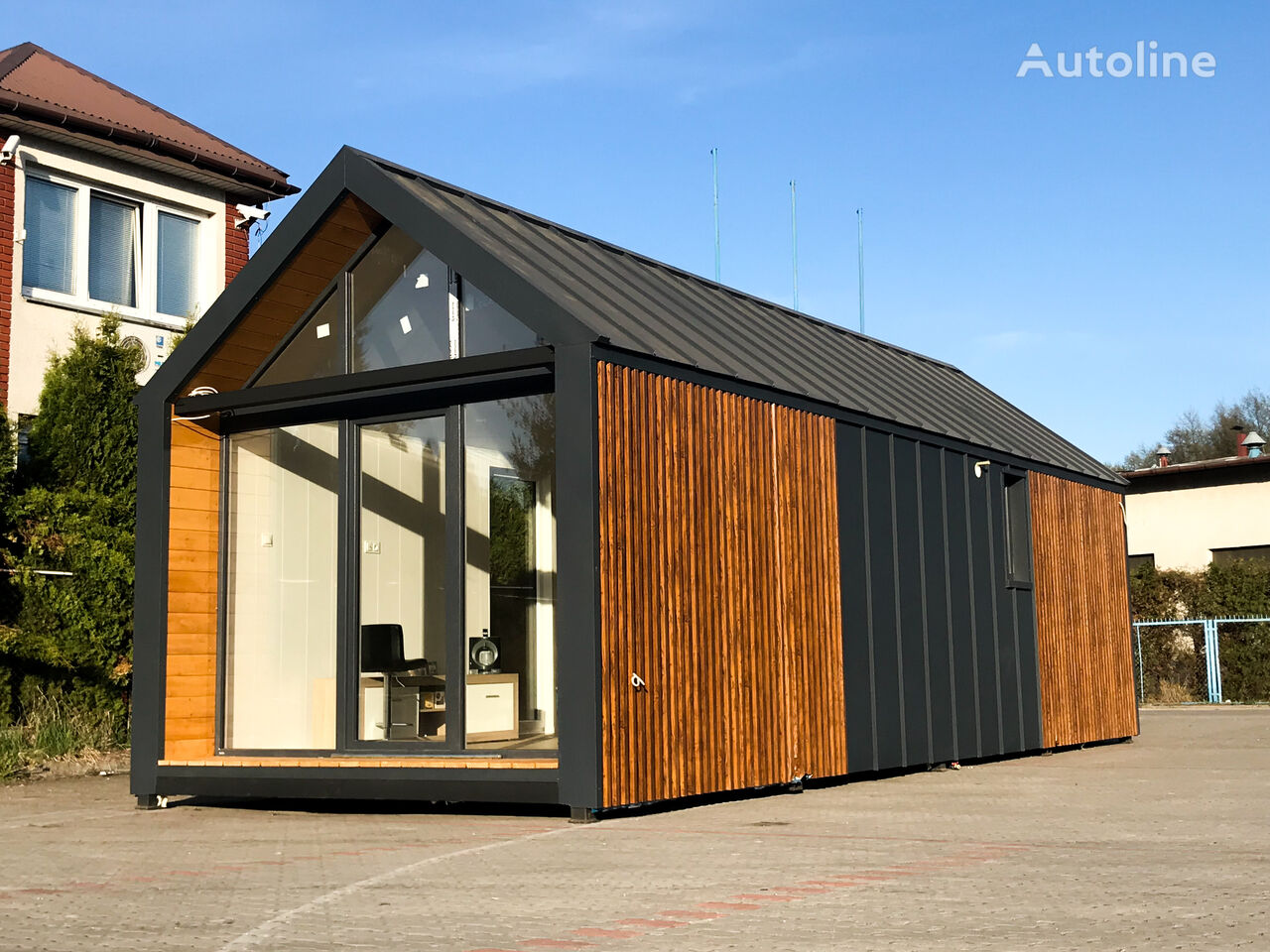
.